Dog / Detail
Tail of Jealousy: Navigating Canine Dynamics
Jonathan Bennet | 10 September 2024 | 12:05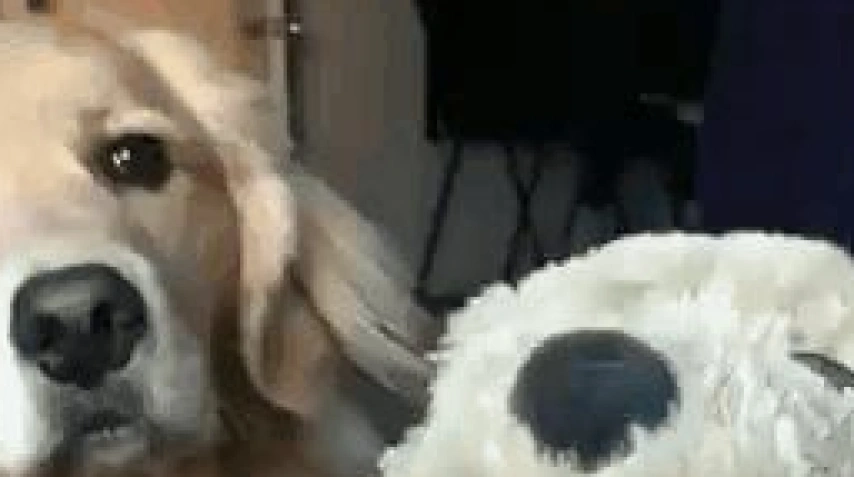
Dogs, often lauded for their loyalty and affection, can exhibit complex emotions. Jealousy is one such sentiment that can manifest in unexpected ways, especially when a new furry family member joins the household.
Canine jealousy is a common issue that can be challenging to address. By understanding the causes and symptoms of jealousy and implementing the strategies outlined in this article, you can help to create a harmonious and loving environment for all of your dogs.
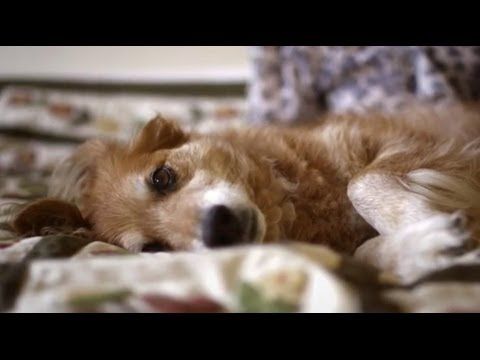
Remember, patience, consistency, and positive reinforcement are key to overcoming jealousy and fostering strong bonds with your furry companions.
This article will delve into the causes and symptoms of canine jealousy, focusing on the scenario where an older dog feels overshadowed by more boisterous newcomers. We will also provide practical tips on how to foster harmony and ensure that all dogs in the household feel loved and valued.
Understanding Canine Jealousy
Jealousy in dogs is often a response to perceived threats to their status or relationship with their human companions. When a new dog is introduced, it can disrupt the established dynamic, leading to feelings of insecurity and competition. This can manifest in various behaviors, including:
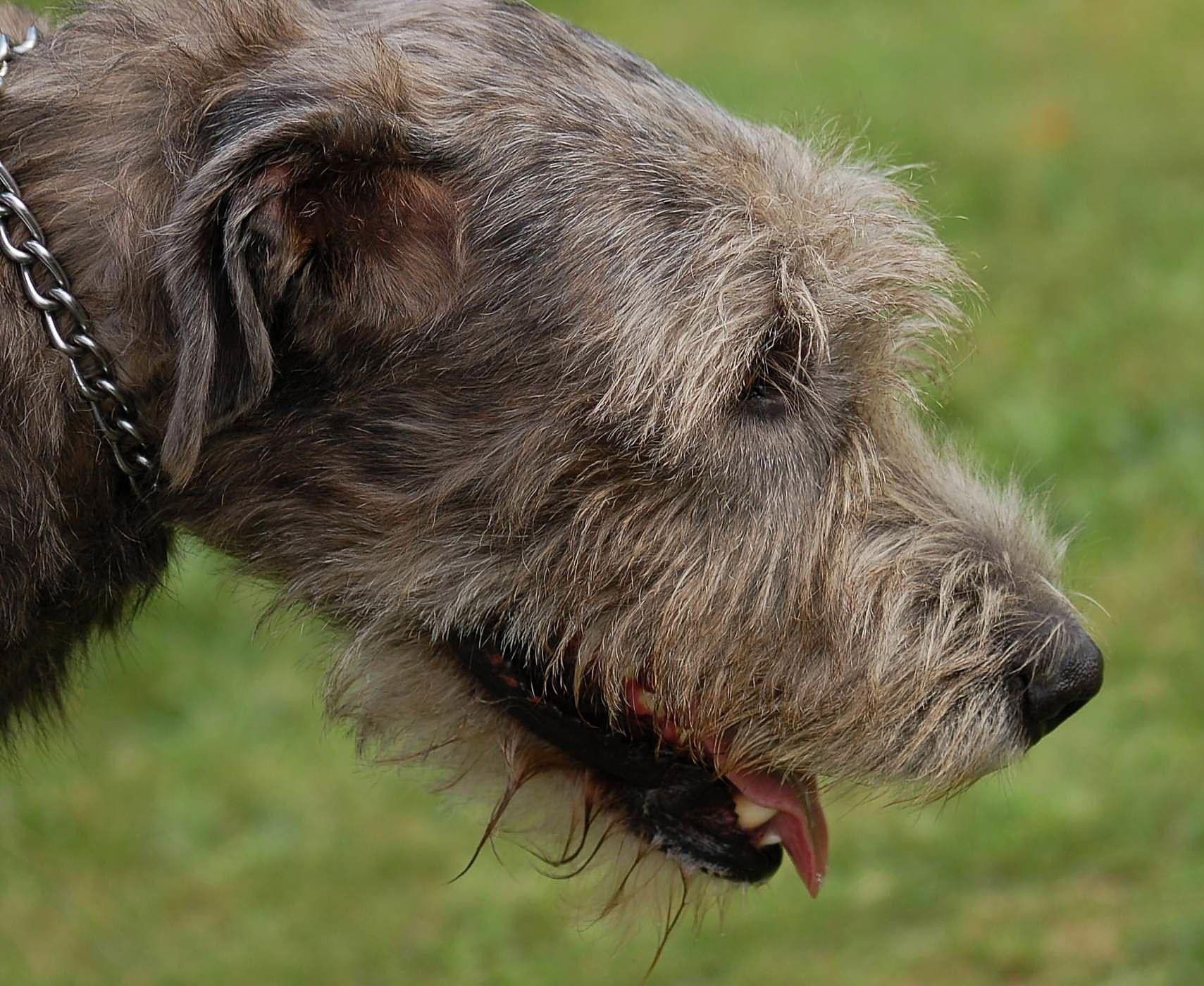
- Aggression: Growling, barking, or even biting can be signs of jealousy.
- Whining or howling: Excessive vocalization can indicate that a dog is feeling anxious or upset.
- Destructive behavior: Chewing, digging, or soiling the house can be a way for a jealous dog to express frustration.
- Withdrawal: A dog may become more withdrawn or aloof, spending less time with their humans.
Causes of Canine Jealousy
Several factors can contribute to canine jealousy, including:
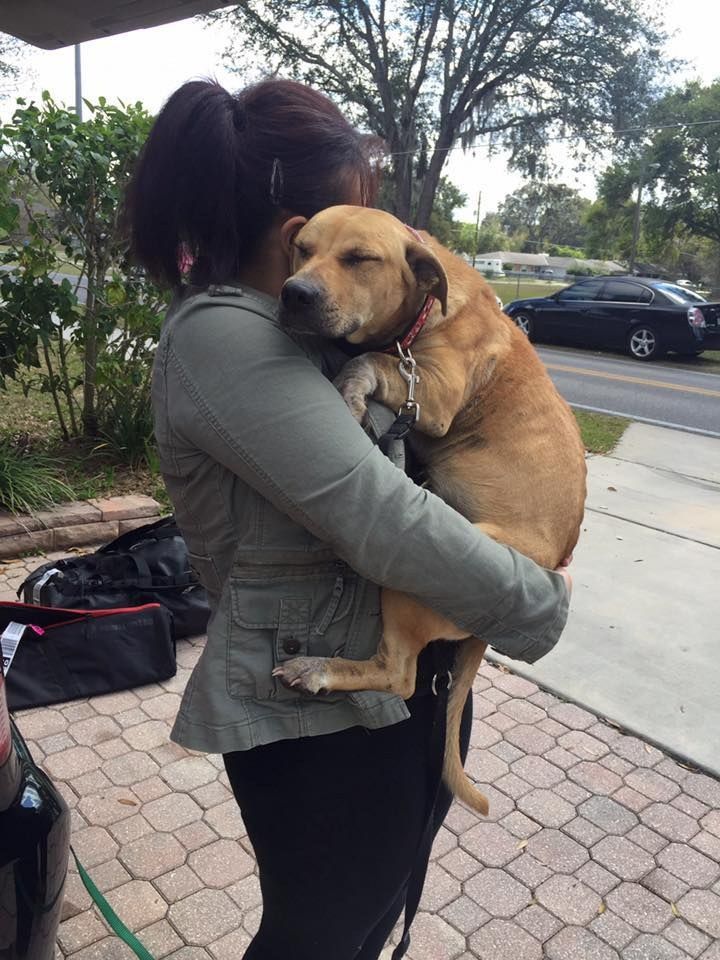
- Lack of attention: If an older dog feels neglected or ignored, they may become jealous of the attention that the new dog receives.
- Resource guarding: Dogs may become possessive of their belongings, including food, toys, or even their humans.
- Fear or anxiety: Some dogs may be fearful or anxious, and the introduction of a new dog can exacerbate these feelings.
- Past trauma: Dogs that have experienced trauma or abuse may be more prone to jealousy or insecurity.
Addressing Canine Jealousy
When dealing with a jealous dog, it's important to approach the situation with patience and understanding. Here are some tips for fostering harmony and ensuring that all dogs in the household feel loved:
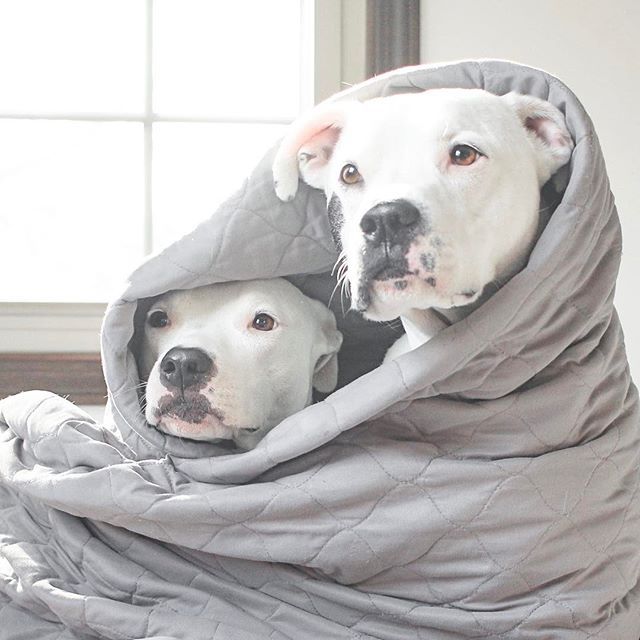
- Individual attention: Make sure to spend quality time with each dog individually, providing them with affection and attention.
- Positive reinforcement: Use positive reinforcement training to teach your dogs good behavior and strengthen your bond with them.
- Gradual introductions: Introduce new dogs slowly and supervise their interactions carefully.
- Create separate spaces: If necessary, provide separate spaces for your dogs, especially during mealtimes or when you're unable to supervise them.
- Consult a veterinarian or behaviorist: If you're struggling to manage your dog's jealousy, consider consulting with a veterinarian or animal behaviorist for professional guidance.
Related
-
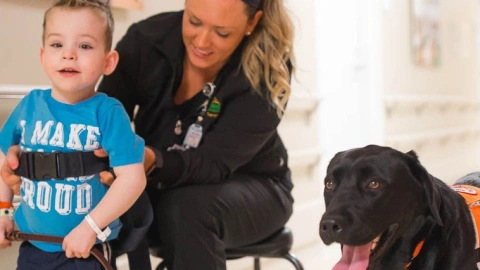
The Healing Power of Dogs: How Canine Therapy is Revolutionizing Mental Health and Boosting Positive Energy in Humans
Dog14 November 2024
-
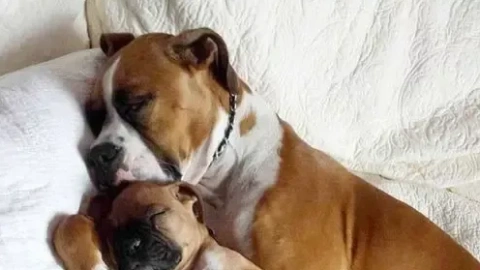
A Pawsitive History: Dogs of Nuremberg
Dog09 November 2024
-
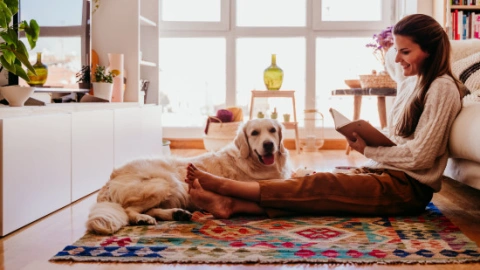
The Role of Oxytocin in the Human-Dog Bond: The Science Behind Our Deep Connection
Dog06 November 2024
-
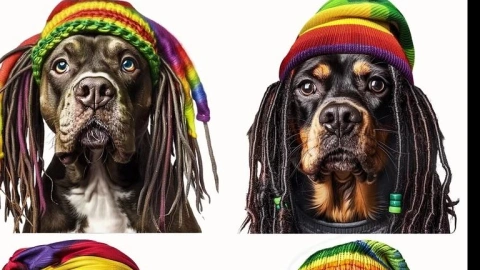
Beyond the Beach: Jamaica's Dog Lovers
Dog29 October 2024
-

A Dog's Delights: Homemade Snacks for Our Furry Babies, Recipes Included!
Dog29 October 2024
-
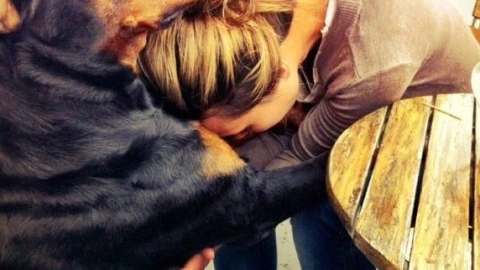
A Dog's Disorientation: Understanding Your Dogs' Wanderlust
Dog29 October 2024
Popular
-

-

A Pawsitive History: Dogs of Nuremberg
09 November 2024 -

-

Beyond the Beach: Jamaica's Dog Lovers
29 October 2024 -
